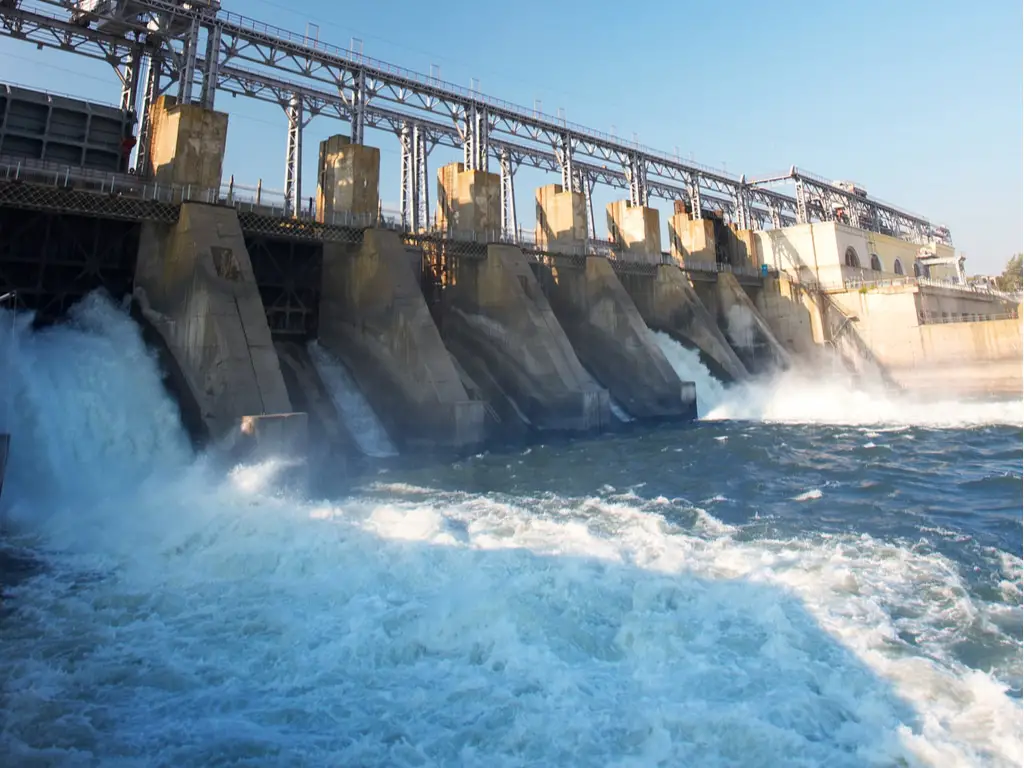Nyamwamba II hydroelectricity facility, a renewable energy project in Uganda is set to benefit from a loan from the Emerging Africa Infrastructure Fund (EAIF) of the Private Infrastructure Development Group (PIDG). The loan which amounts to US$ 10.6M would be disbursed to Serengeti Energy, the Nyamwamba II 7.8MW run-of-the-river hydroelectricity facility developer in Western Uganda’s Kasese District.
The finance agreement was signed on May 2022, with EAIF serving as the sole lender. To hasten the project’s completion, construction was started with equity. The funding from the EAIF will make the initiative more financially viable and have a long-term impact.
Serengeti Energy’s latest project extends the total number of hydro and solar green energy facilities supported by EAIF in Uganda to ten. Earlier this year, the new facility began producing power. A 5.5km transmission line connects the plant’s output to the regional grid as part of the project.
A 20-year power purchase agreement will see all of the plant’s electricity supplied to Uganda’s national grid.
Scope of the Nyamwamba II hydroelectricity facility
The Nyamwamba project will contribute to SDGs 7 and 13 by increasing access to power for thousands of grid-connected customers while reducing emissions. Uganda’s government intends to build an industrial park in the Kasese district focusing on food and raw material processing, resulting in an increase in demand of 50 to 100MW.
Nyamwamba II is part of regional energy generating and supply enterprise that provides power to manufacturing, agriculture, residences, and government functions.
According to Sumit Kanodia, an Investment Director at EAIF’s managers, Ninety One, PIDG and EAIF are thrilled to support another sustainable energy project in Uganda. Nyamwanba II will provide green energy to encourage economic activity in rural areas, unleash restricted power demand, minimize transmission losses, and improve the reliability of Uganda’s electrical grid.
Serengeti Energy now operates seven plants in Uganda, South Africa, and Rwanda, with two more in the works in Malawi and Sierra Leone.
Reported earlier
April 2022
Nyamwamba II Hydropower Project in Kasese, Uganda, Reaches PPA COD
The PPA Commercial Operation Date for Nyamwamba II, a 7.8MW hydropower project in Kasese, Western Uganda, has passed. The $22 million projects will offer clean, dependable electricity to the local power grid. The Nyamwamba II project is part of the Ugandan government’s attempts to enhance and diversify the country’s electrical infrastructure through the use of renewable energy. The expanded capacity will help the local administration meet its goal of using 100% renewable energy in the Kasese area.
After successfully completing testing and commissioning, the Uganda Electricity Transmission Company (UETCL) gave the finished powerplant a COD letter on March 17, 2022. Serengeti Energy‘s (formerly known as responsAbility Renewable Energy Holdings) second hydro project on the Nyamwamba River and its third hydro project in the country is currently operating.
7.8MW Hydropower Project addressing Energy Needs
According to Chris Bale, CEO of Serengeti Energy, access to dependable and inexpensive power is a critical requirement for economic development. The Nyamwamba II project reflects Uganda’s strong commitment to the development of renewable energy. He thanked the Ugandan government, notably the Ministry of Energy and Mineral Development of Uganda (MEMO) and UETCL, for their ongoing assistance in the project’s development and construction.
Also Read: Upgrades of Entebbe-Kibuye Road in Uganda, to Conclude in August
The project’s construction began in October 2019 and was met with a number of problems as a result of the COVID-19 epidemic. Nonetheless, the project development and construction teams, as well as their consultants, discovered a solution to overcome the obstacles. SAEMS Hydro of Sri Lanka is the BoP/civil EPC contractor, whereas Andritz of Germany is the electromechanical water-to-wire contractor, and Zutari is the owners’ engineer.
The Regional Liquidity Support Facility (RLSF), a KfW (German state-owned development bank) and African Trade Insurance Agency (ATI) program designed to minimize short-term liquidity concerns on African independent power projects, is backing the project, and documentation will be completed soon.

